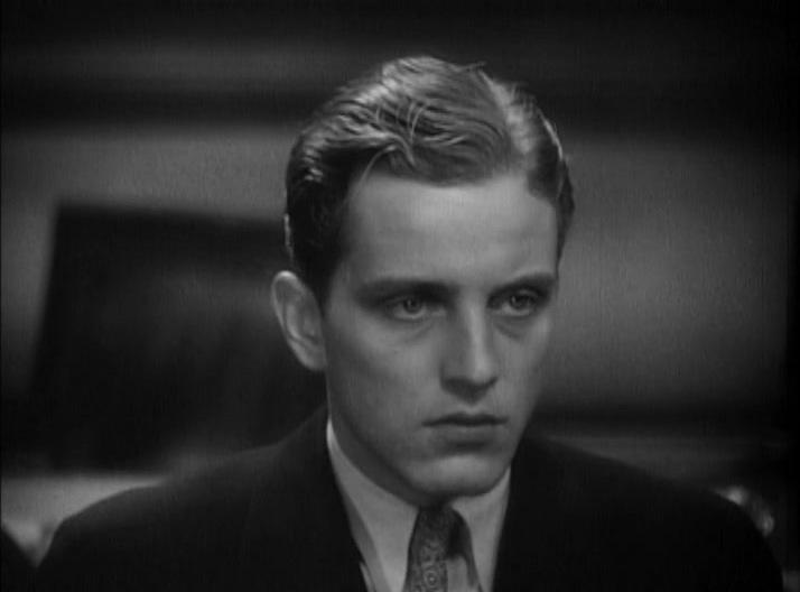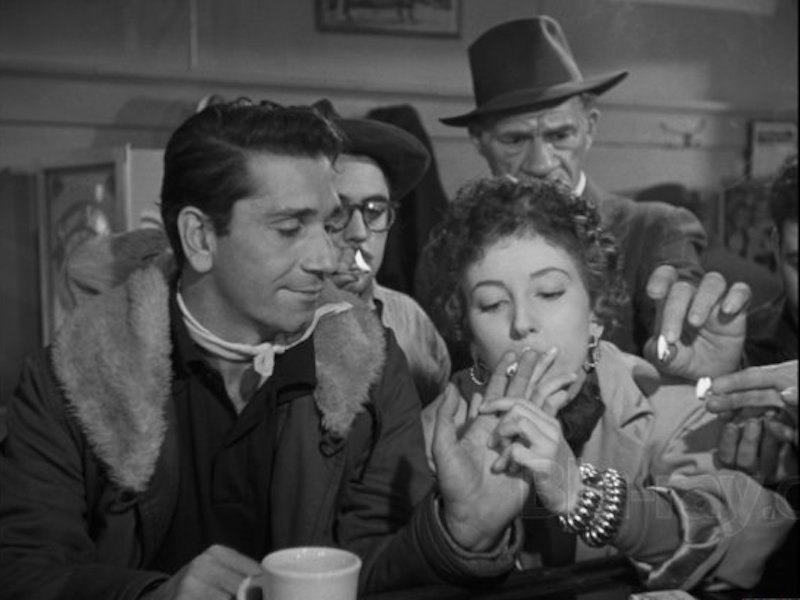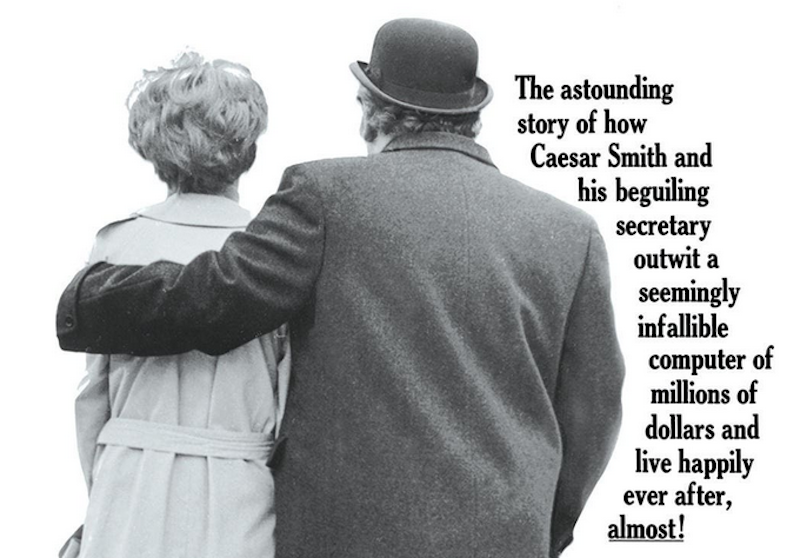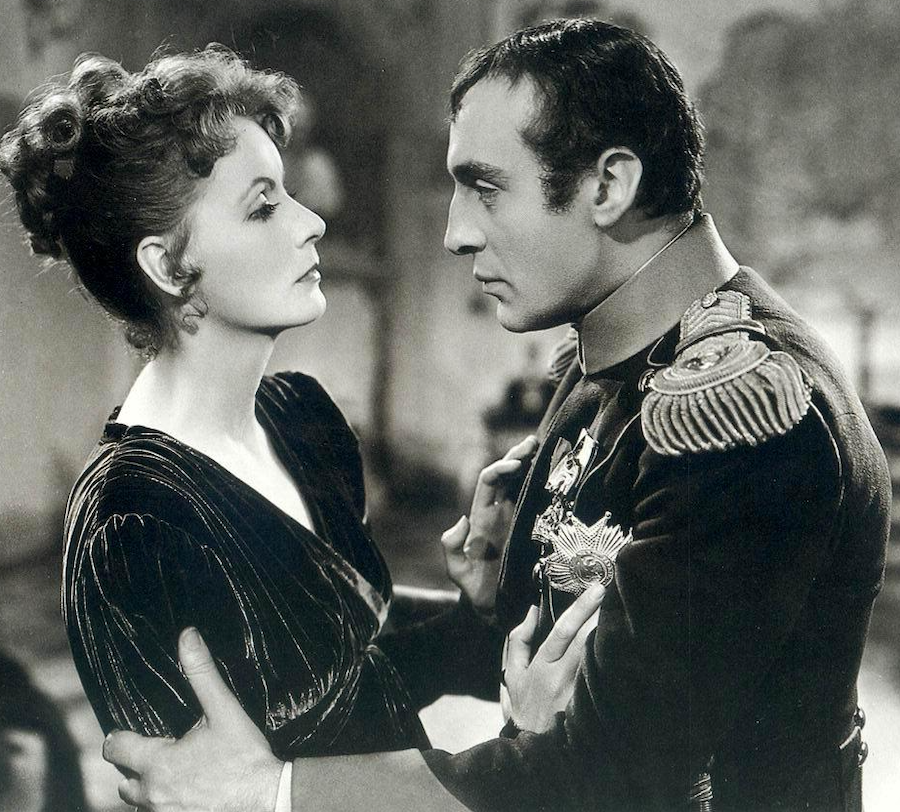"Senate Republicans are setting a dangerous precedent that threatens the republic itself. I'm not naive enough to think they would hold Democratic presidents to the low standard they've applied to Trump, but all future presidents will be able to point to Trump to justify ..."
Category: Greed
Movie Night: An American Tragedy
"Basically, amoral social climber from poor background seduces poor factory girl, gets her pregnant, wants to marry a rich socialite and so kills poor factory girl by smashing her in the head with his tennis racket and dumping her body in a lake, fakes a canoe accident, trips self up by being basically an idiot, dies in electric chair after mercy is refused by Governor Charles Evans Hughes."
Movie Night: Thieves’ Highway
"Thieves' Highway is a classic Noir tale of truckers and apples and greed and sex and San Francisco and California and highways and death."
Movie Night: Hot Millions
"There's a lot more than just smiles to recommend this one–ts droll English humor, its glimpse at fashions and designs and trends of 1968, the fantastic acting of everyone, including the performance of Bob Newhart, whose movie outings are often forgotten, the sarcastic wit and the satire–it's a long list and will need a second viewing to get it all."
On Crime and Punishment This Fourth of July
"It's well worth a challenging read-and-think on everyone's part at this particular moment in the country and society."
Paranoia, Fear, Terror and Facebook, et al.
"Insane levels of fear and control and succumbing to terror. We are a nation which is perhaps the most fearful of all countries."
Corporate Power
"Many states whose sovereignty is threatened are now finally waking up to the danger. But is it perhaps already too late to do anything about the seemingly over-mighty corporations?"
Movie Night: Conquest
"The film itself is fairly representative of the period and shows how far ahead of her time Garbo was ... that she could shine in spite of rather stilted dialogue, in a non-native language shows just how great an actor she was at the height of her career. It wasn't bad, and I might have another look under certain conditions, but I probably wouldn't buy it for the DVD collection, unless Criterion gets hold of it."








